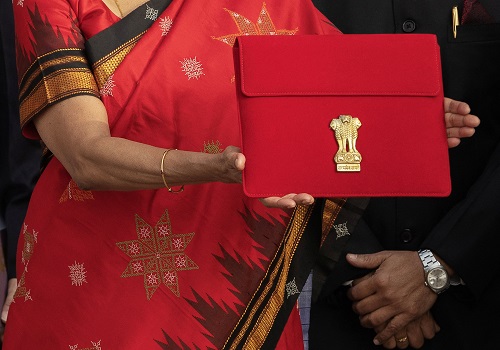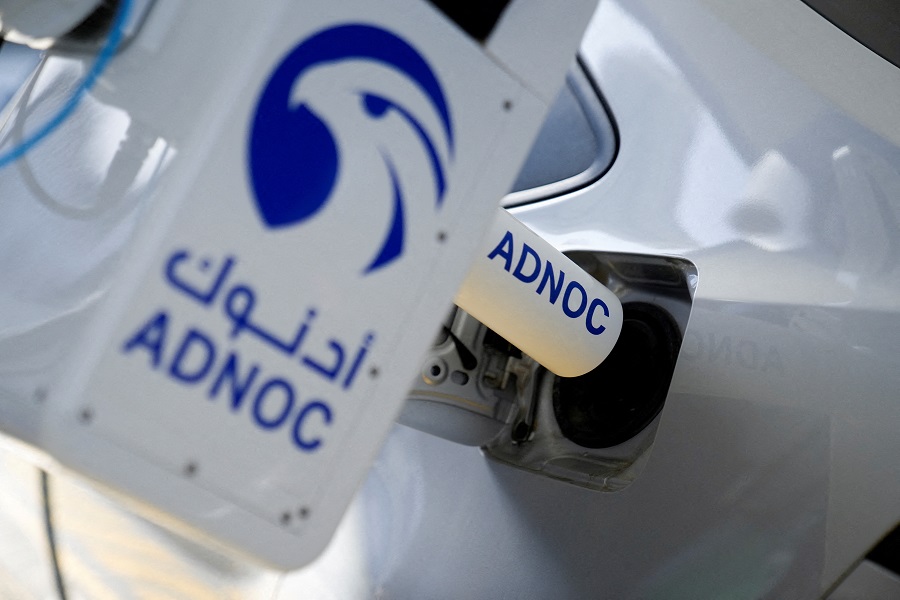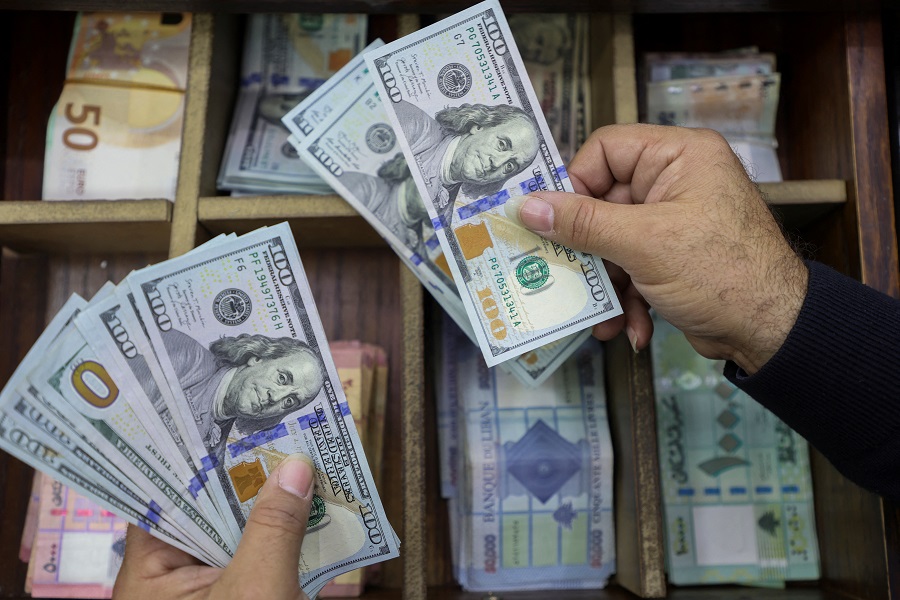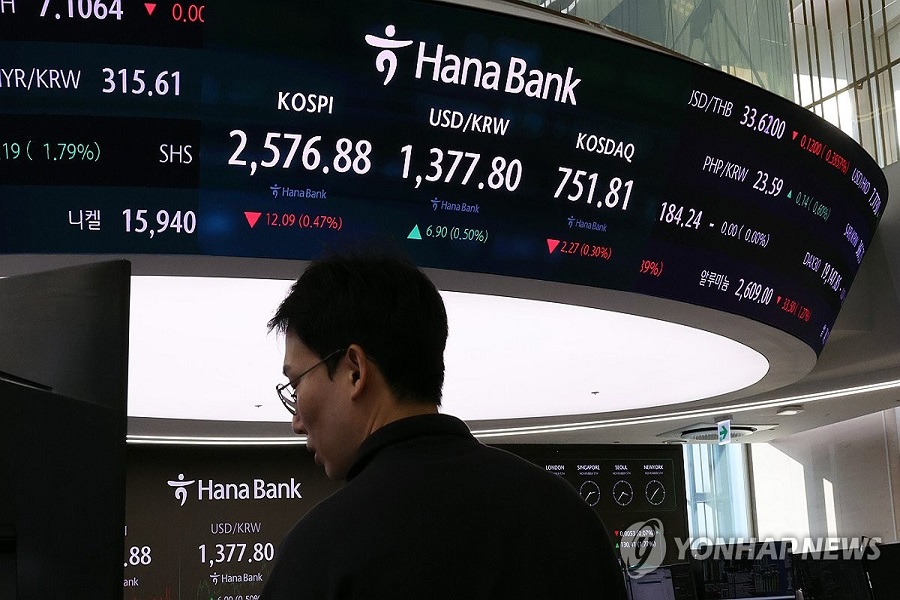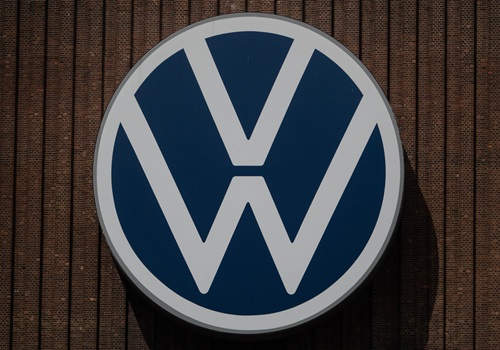Asiana Airlines set to officially become a Korean Air subsidiary

A full-scale integration between Korean Air and Asiana Airlines is expected to proceed in earnest, according to industry observers on Wednesday, following the closing of the protracted merger deal first announced four years ago.
Korean Air has invested some 700 billion won ($489.5 million) in a third-party share issuance by Asiana Airlines. The company was set to spend an additional 800 billion won later Wednesday, bringing its stake in the rival carrier to 131.57 million shares, or 63.9 per cent of the total, reports Yonhap news agency.
The move is the final step in the deal to form a mega-carrier announced in November 2020. Asiana Airlines will officially become a Korean Air subsidiary on Thursday.
The deal won approval from competition authorities in all 13 countries and the European Union. The countries also included South Korea, the United States, China and Japan.
The U.S. decision, in particular, had been closely watched, as a rejection would have put an end to the deal that has been pursued for over four years.
The U.S. Department of Justice reportedly considered opening a lawsuit to block the deal over competition issues in the American market but ultimately decided not to seek legal action.
To address monopoly concerns regarding U.S. routes, Korean Air has taken proactive measures, such as expanding its code-sharing partnership with Air Premia for North American routes.
The deal for Korean Air to take over the debt-ridden rival was signed in late 2020 amid the then global COVID-19 pandemic having weighed down on the domestic airline industry.
According to industry estimates, the formation of a mega-carrier under the Korean Air brand is expected to create an airline that ranks at around 10th place globally in terms of fleet size and the number of international flights.
A full, complete consolidation is expected to take around two years, along with other processes of structural and personnel integration.
"The full securing of approval from competition authorities is good news in and of itself, but the companies still have a long way to go in terms of becoming a single entity," an air industry watcher said.
The companies may face various hurdles in streamlining personnel and organizational structures, and devising a mileage integration plan.
Concerns of workforce reductions and restructuring have been raised by the companies' labour unions despite Korean Air having said in the past that there will be no arbitrary cutting of the workforce at either airline.
The mileage integration could also spark a customer backlash, depending on how the companies agree to consolidate their different travel mileage schemes.

